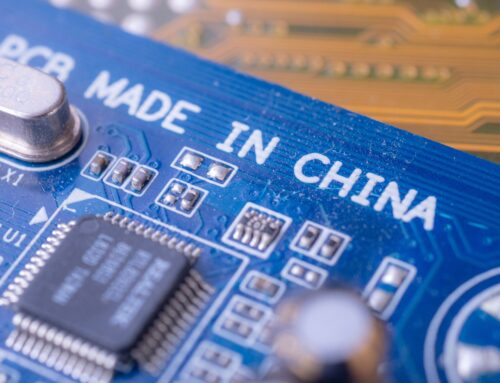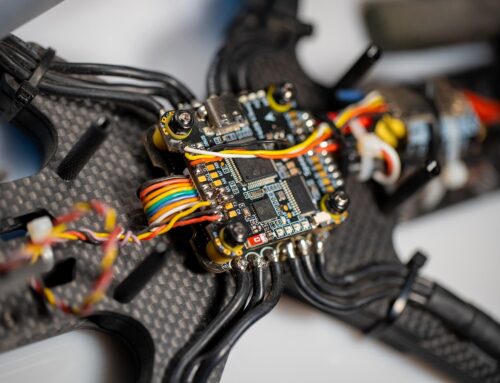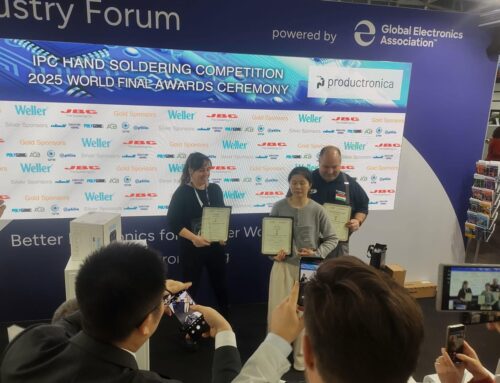The cultivation of vegetables and fruit is also dominated by developments in the technical interconnect industry. This article will discuss a number of items that are being developed, being experimented with and even being applied.
Growth world population
All planning offices state that medical developments lead to people living longer, which means that the world population is expected to grow to 11 billion in the year 2100. This will put a huge claim on the amount of food produced, so it will pressure food producers more and more. Compounding the issues is that climate change is making more and more land unsuitable for agriculture and horticulture. And what most consumers do not know is that 45% of the nutritional value is lost during transport of vegetables and fruit to the shops.
Vertical farming of vegetables and fruit
Vertical farming is on the up. Within six years this way of farming will be a 10 billion dollar business, and the end is not in sight. Vertical gardening has a number of advantages. Soil is no longer needed, as the plants are put in a container of water that holds the ultimate mix of nutrients. Because the plants are placed in hothouses, much fewer or even no pesticides at all need to be used. The all-important light is provided by led lamps optimised for horticulture. Thanks to all these measures taken to create optimum circumstances vegetables and fruit can grow much faster. Production per square metre is much higher as less space is required, so producers can supply more, eliminating the need for shops to source from many suppliers. This in turn reduces transport.
Underground farming
In the UK underground farming is no longer wishful thinking. The London-based company Growing Underground is very active in this field. Advantages of this kind of farming are that 60 harvests per year are possible, it is carbon neutral, and 70% less water is used than in traditional horticulture. In the USA, there are also companies that are pioneering underground farming, such as Farm One. They supply over 500 different herbs, edible flowers and micro vegetables per year. In South Korea underground tunnels are used for vertical farming. The company Nextone manages 190 kilometres of tunnels and grows a wide variety of vegetables and fruit in them.
Technology and costs of this sort of farming
These alternative forms of farming are not cheap. In the long term, however, this type of horticulture will become inevitable, because demand will boom and the undesirable impact on the environment is greatly reduced by opting for this type of farming. It is expected that by 2030 vegetables and fruit grown in this way will be less expensive than those grown in a traditional way.






